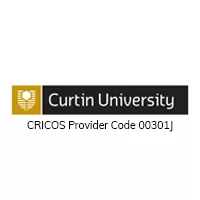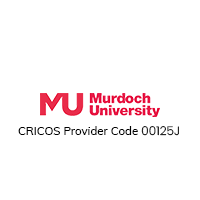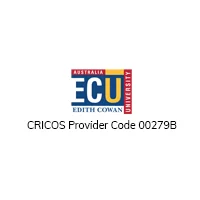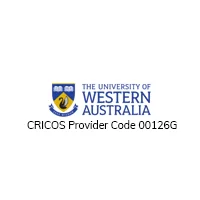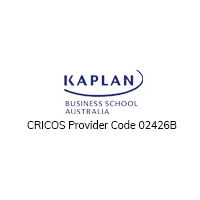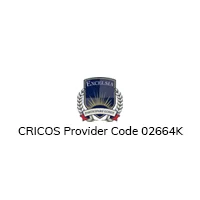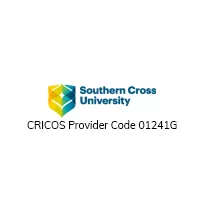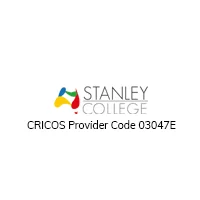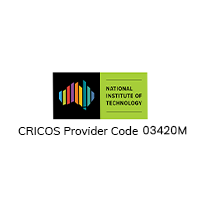Aged Care Courses in Australia
- 2 Year Package (Certificate + Diploma)
- 100% Free Student Placement & Visa assistance
- In-Demand Skill in Australia


Aged Care Courses in Australia For Filipinos
Take your Aged Care Courses learning and skills to the next level.
We have more Bachelor Courses Australia.
Aged Care Courses in Australia
Aged care is an important and growing industry in Australia, with a high demand for qualified professionals who can provide care and support to the elderly. Filipinos are among the top nationalities of workers in the aged care industry in Australia, and many Filipinos choose to pursue a career in aged care by enrolling in aged care courses. In this article, we will explore the aged care industry in Australia, the benefits of studying aged care courses, and some of the top aged care courses available for Filipinos.
The Aged Care Industry in Australia
The aged care industry in Australia is a vital part of the healthcare system, providing care and support to the elderly population. The industry is diverse, offering a range of services to meet the needs of older Australians. Aged care services include in-home care, residential care, respite care, and palliative care.
According to the Australian Government Department of Health, there are around 240,000 people employed in the aged care industry in Australia, and this number is expected to increase in the coming years. The industry provides employment opportunities for a wide range of people, including nurses, care workers, and allied health professionals.
Benefits of Studying Aged Care Courses
Studying aged care courses in Australia can provide Filipinos with many benefits, including:
- High demand for skilled professionals: There is a high demand for qualified aged care professionals in Australia. Studying aged care courses can provide Filipinos with the skills and qualifications they need to succeed in this growing industry.
- Career opportunities: The aged care industry in Australia provides a wide range of career opportunities, including roles in care management, nursing, and allied health professions.
- Personal and professional growth: Studying aged care courses can provide Filipinos with the opportunity to develop their personal and professional skills, including communication, problem-solving, and teamwork.
- Job security: The aged care industry in Australia is expected to grow in the coming years, providing job security for qualified professionals.
Top Aged Care Courses in Australia for Filipinos
There are many aged care courses available in Australia, covering a wide range of topics and qualifications. Here are some of the top aged care courses available for Filipinos:
- Certificate III in Individual Support (Ageing): This course provides students with the practical skills and knowledge required to provide support to older people. The course covers topics such as communication, safety procedures, and providing personal care.
- Certificate IV in Ageing Support: This course is designed for students who wish to pursue a career in aged care management or coordination. The course covers topics such as team management, risk assessment, and client advocacy.
- Diploma of Nursing: This course provides students with the practical skills and knowledge required to work as a registered nurse in a range of settings, including aged care. The course covers topics such as anatomy, physiology, and medication management.
- Advanced Diploma of Community Sector Management (Ageing, Home and Community): This course is designed for students who wish to work in management roles in the aged care industry. The course covers topics such as financial management, strategic planning, and quality assurance.
Enrolling in Aged Care Courses
Enrolling in aged care courses in Australia is a straightforward process. Here are the steps involved:
- Research: Research aged care courses in the industry you are interested in. Look for courses that are relevant to your career goals and have good job prospects.
- Choose a provider: Choose a reputable provider that offers the course you are interested in. Look for providers that have good industry connections and a track record of producing successful graduates.
- Apply: Apply for the course through the provider’s website or by contacting them directly. Make sure you meet the entry requirements for the course, which may include a certain level of education or work experience
FREE ASSESSMENT
In Partnership with the best Western Australian Universities
